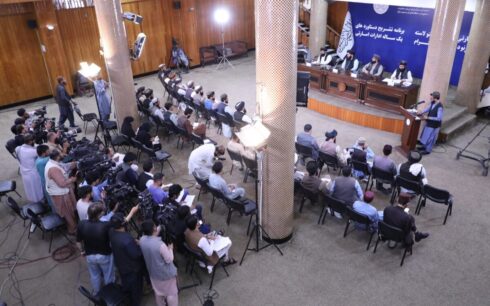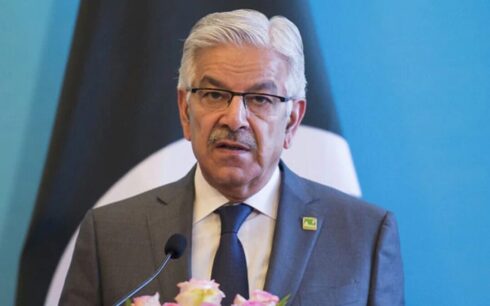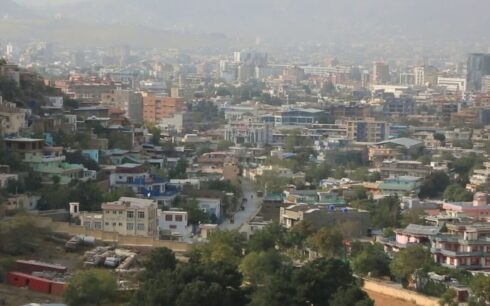Iran and Pakistan expelled 872 Afghan migrant families over the past week, according to data compiled by Amu from Taliban-run Ministry of Refugees.
The expulsions, spanning November 15 to November 22, highlight a growing humanitarian crisis for Afghan migrants in the region.
The reports indicate that Iran deported 676 families, while Pakistan removed 196 families during this period. The deportations were described as both forced and voluntary. Bakhtar did not provide figures for the final two days of the week, but data from the first five days showed that 96 families entered Afghanistan through the Torkham border crossing and another 100 families crossed via the Spin Boldak route.
In addition, 187 families returned through the Silk Bridge crossing in Nimroz, while 489 families entered via the Islam Qala border with Iran.
These expulsions follow a similar pattern from the previous week, when Iran and Pakistan collectively deported 1,208 Afghan families between November 8 and November 15. During that time, Iran expelled 891 families, and Pakistan removed 317, according to the same reports.
Afghan migrants in both countries have raised allegations of mistreatment, citing “inhumane and unlawful actions” by law enforcement officials in Iran and Pakistan. Human rights advocates warn that such expulsions, coupled with allegations of abuse, violate international norms governing the treatment of refugees and displaced persons.
The wave of deportations comes amid mounting economic challenges and instability in Afghanistan, leaving returning families with few resources to rebuild their lives.





